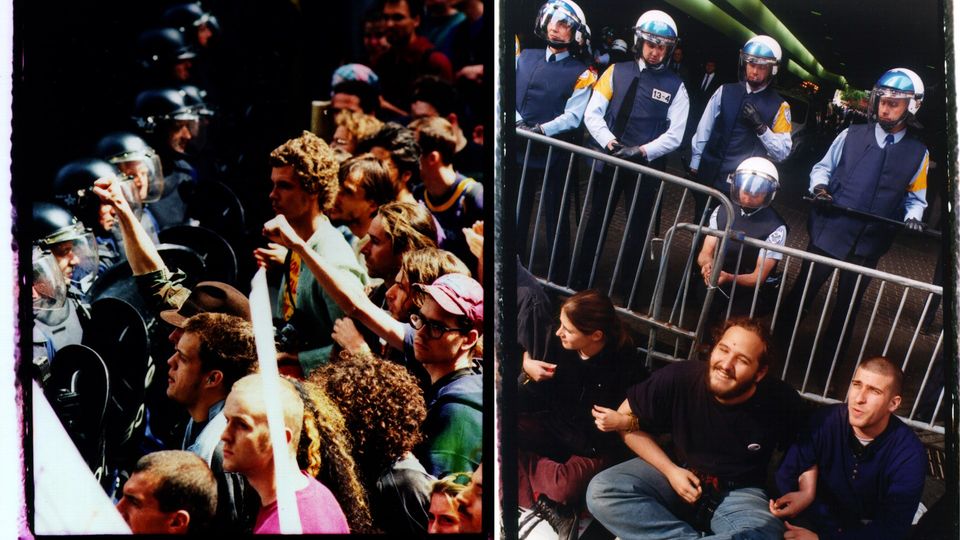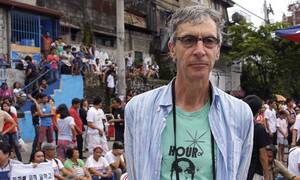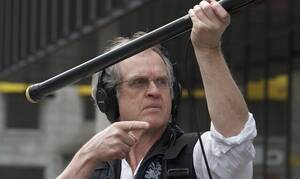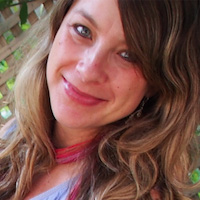Malcolm Guy
Malcolm Guy is a director and producer of documentary and fiction films, President and co-founder of Productions Multi-Monde. Malcolm is active in immigrant rights organisations and in the independent film community. He contributed to establishing the international film fest Rencontres International du Documentaire de Montréal (RIDM), the Observatoire du Documentaire, the distribution company Les Films du 3 Mars, and is active in DOC (the Documentary Organisation of Canada). Malcolm’s films look at a variety of local and international issues, with a particular interest in the Philippines. He is a founding member of the Centre for Philippine Concerns in Montreal and is Secretary General of the International League of Peoples’ Struggle.
Other films by Malcolm Guy
- Être chinois au Québec (Being Chinese in Quebec) (2012)
- Philippines : Waging War on the People (2008)
- Bledi, This is Our Home (2006)
- Rebel Music Americas (2004)
- Turbulent Waters (2004)
- Pressure Point : Inside the Montreal Blockade (1999)
- The Suit War (1997)
- Moving the Mountain (1993)
- Freedom… and Beyond (1991)
- Farmer to Farmer (1989)
- Kababaihan: Filipina Portraits (1989)
- People Power to Military Power (1988)
- Return to Manila (1988)
- Il ne faut pas avoir peur de dire le mot (1988)








